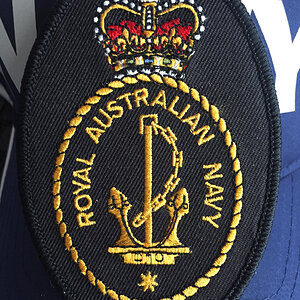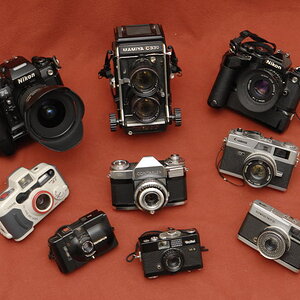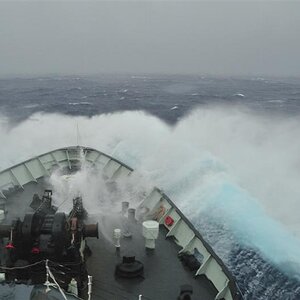MichiganFarts
TPF Noob!
- Joined
- Dec 22, 2010
- Messages
- 515
- Reaction score
- 41
- Location
- Northern Michigan
- Can others edit my Photos
- Photos NOT OK to edit
You implied that because there's so much trailer trash out there (giving your own clan as examples), with so much divorce rate (apparently because they're just trailer trash), that they don't need good wedding photos, so it's just not an issue.
Which is pointless and ridiculous (unless you're Ken Rockwell, of course).
I absolutely did not imply that the OP's wedding was going to be a trailer trash wedding. If you notice, and can see beyond your foolishness...my post wasn't even directed AT the OP, rather at the person that thought she shouldn't do it. I was giving an extreme example of the opposite to him.
But please, continue to make assumptions, and then blast others who do the same to your posts...you look real smart doing that.




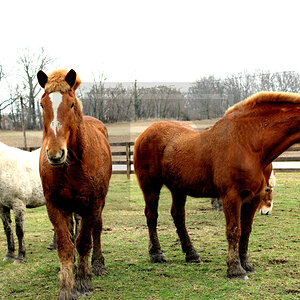
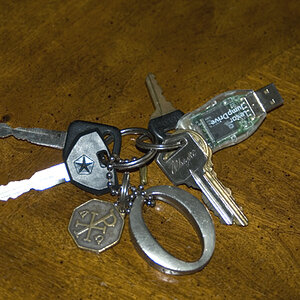
![[No title]](/data/xfmg/thumbnail/41/41796-690c109012575e084970902dbd3894ba.jpg?1619739896)
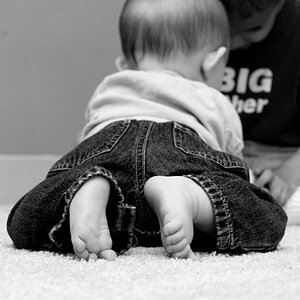
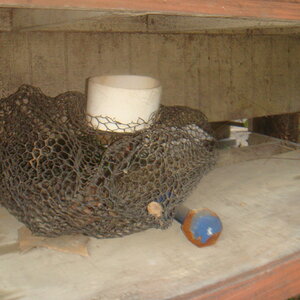
![[No title]](/data/xfmg/thumbnail/35/35262-02f8eba4a2a92dbae0b55547bba80b4f.jpg?1619736968)
![[No title]](/data/xfmg/thumbnail/37/37539-ae46a74e6510aad73c9101a029847880.jpg?1619738133)
![[No title]](/data/xfmg/thumbnail/41/41797-ed370d68dae70f5b0a7252ec2d525912.jpg?1619739896)
